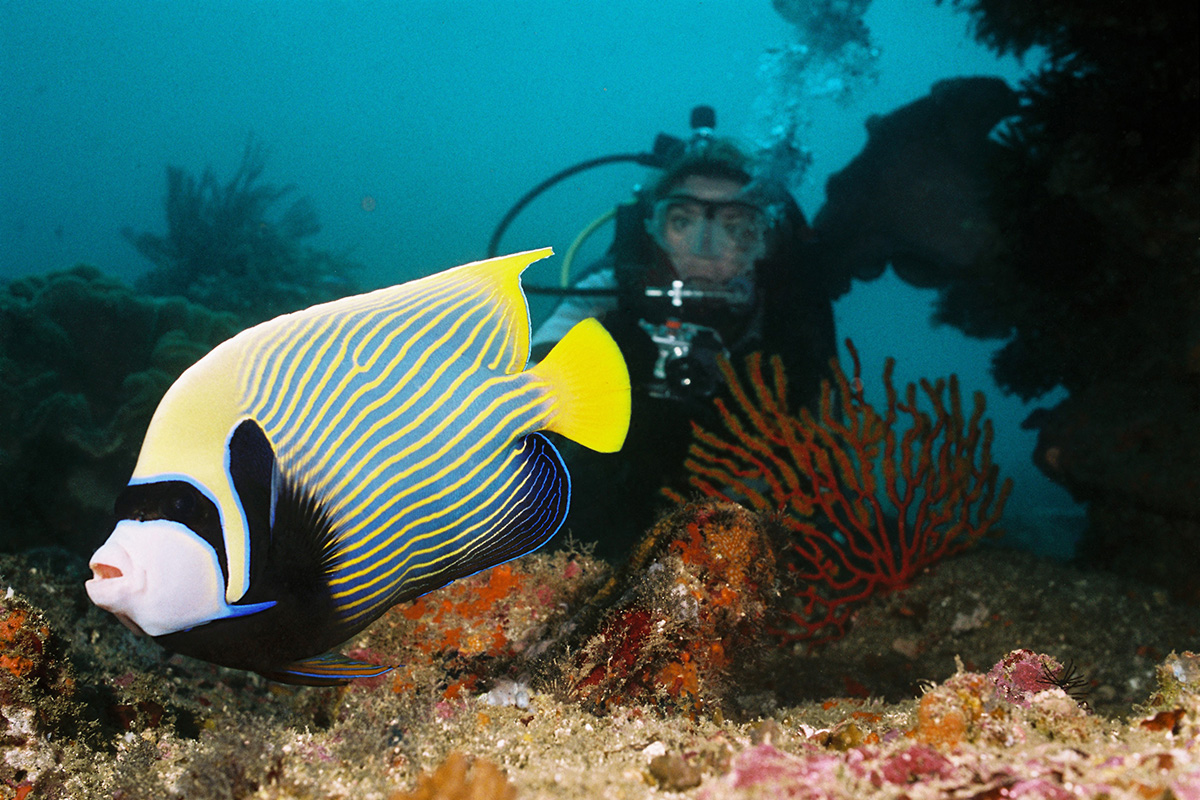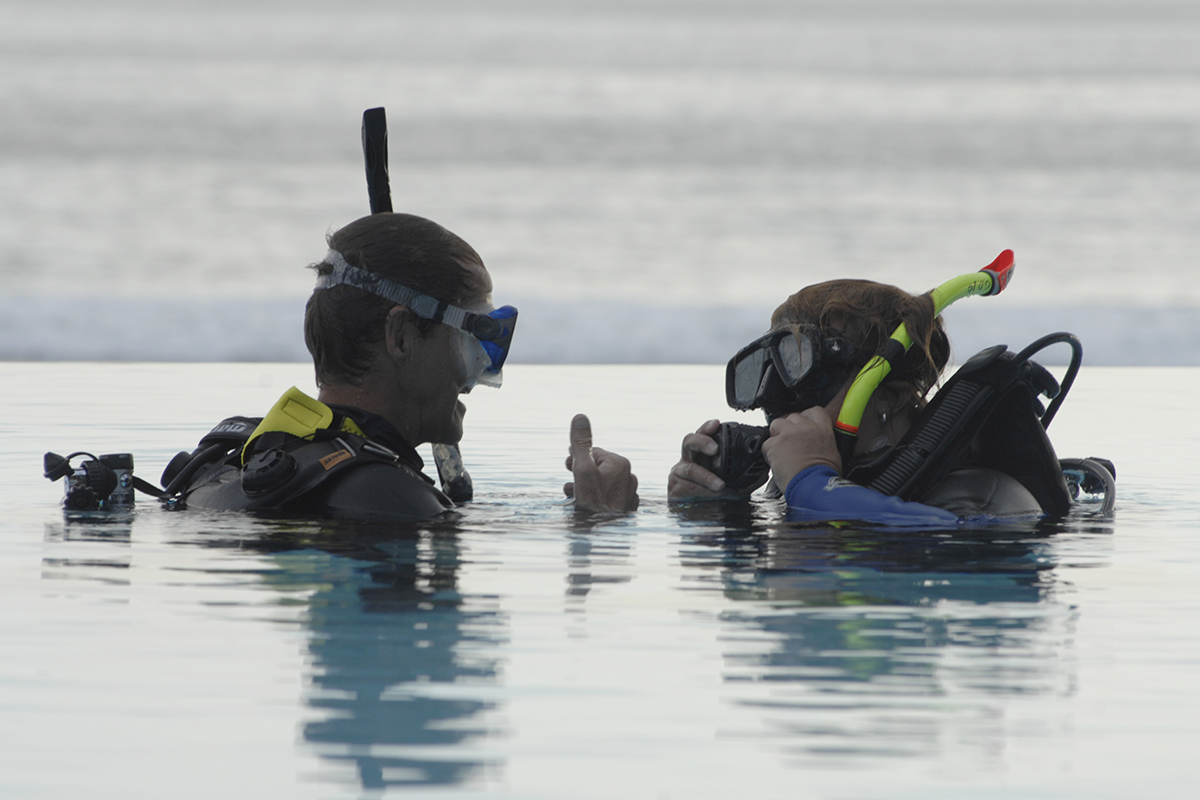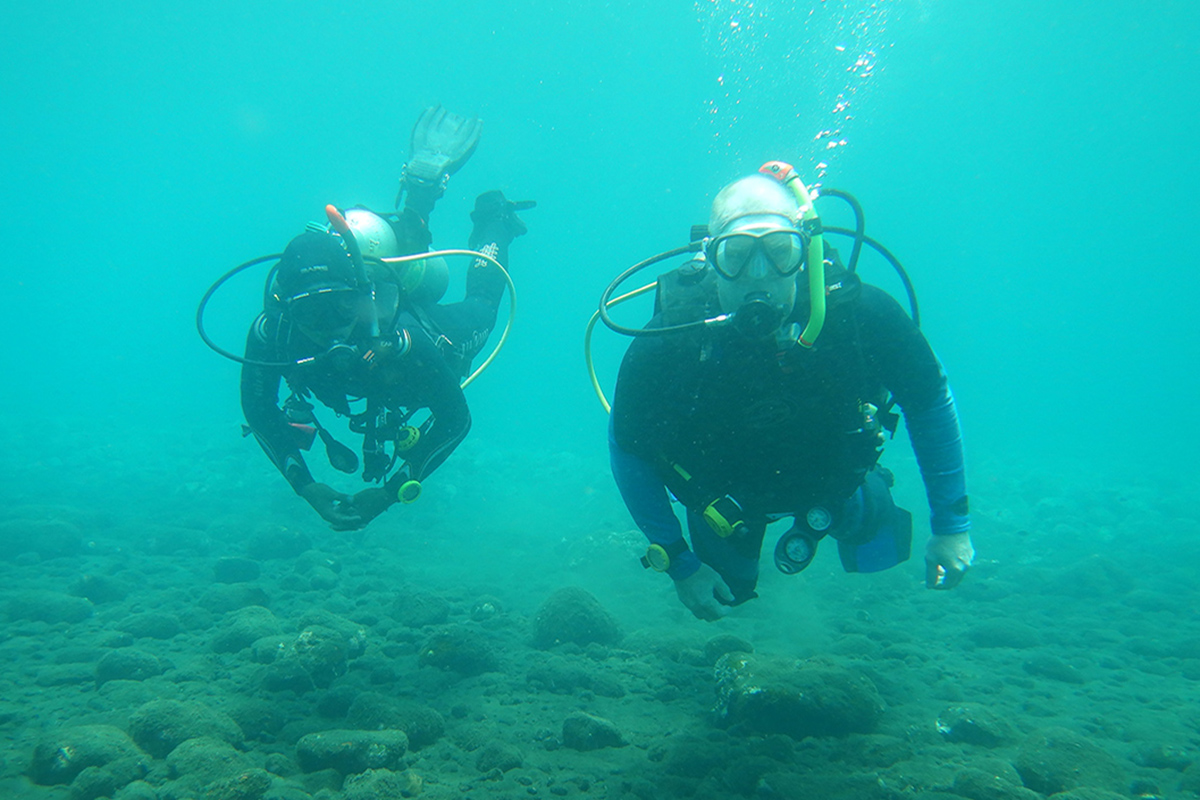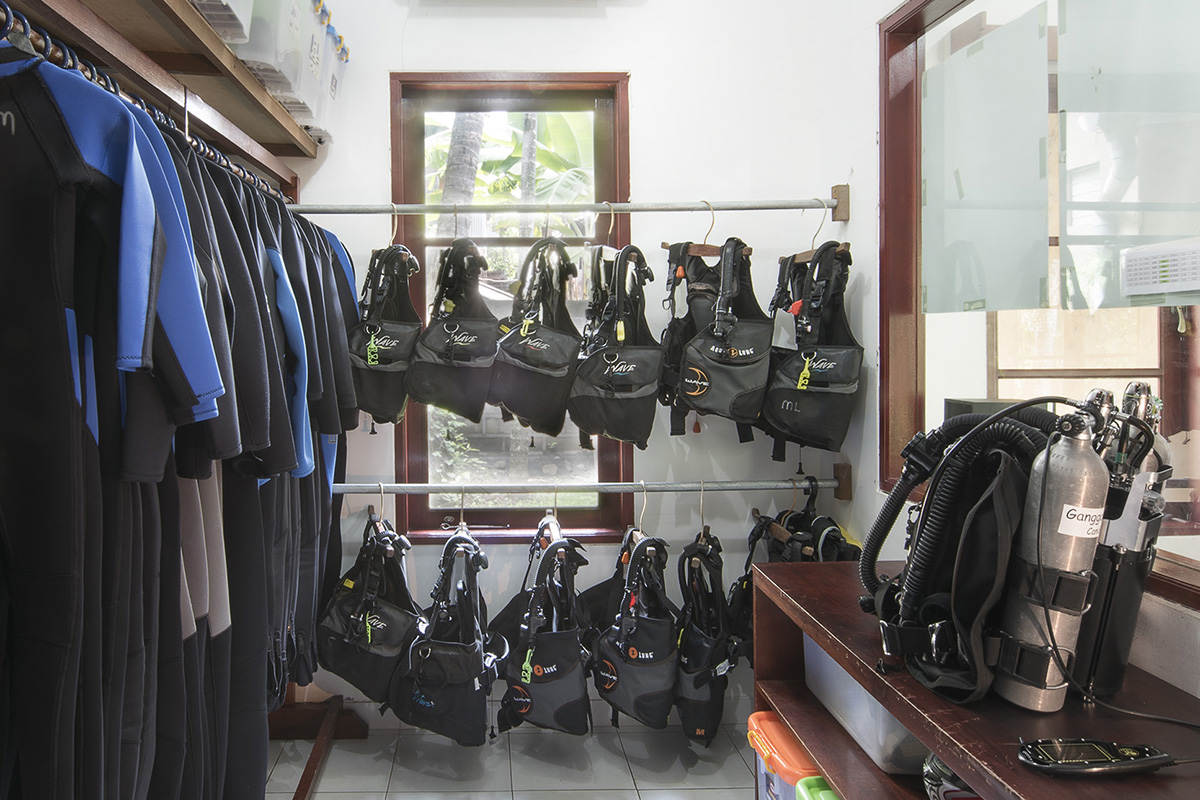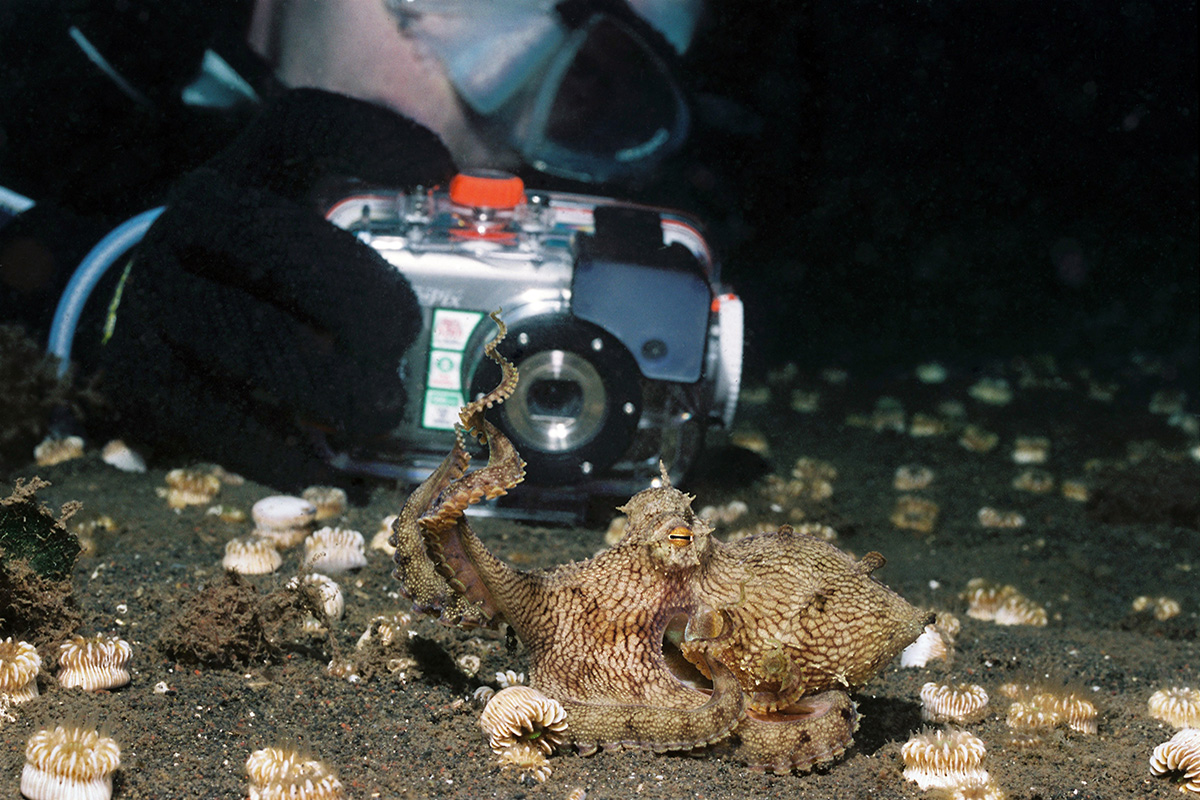The Importance of Buoyancy Control While Scuba Diving
When you learn to dive you will spend many hours trying to achieve neutral buoyancy. This is the state when you become almost weightless in the water and can glide naturally and effortlessly through the water. Neutral buoyancy takes time to master and even experienced divers will constantly be fine tuning their technique. In this article we’re going to talk about why neutral buoyancy is so important and how you can achieve it.
Why is Buoyancy Control Important?
The ability to control your buoyancy is one of the most important skills you will have to learn when diving. Most people assume this is purely to ensure the safety of the marine environment, but in fact it’s for your own safety as well.
Of course being neutrally buoyant will help you to glide over reefs and ensure you don’t disturb and can navigate around the marine environment. This is very important as one of the first rules as a diver is to not touch or encroach on marine life.
While diving in Bali you can use your buoyancy control to enjoy searching for macro critters that are plentiful in the waters around Candidasa. Nudibranchs of every colour, tiny shrimp and graceful seahorses are spotted at most dive sites in the area.
Buoyancy control is also imperative for your own safety. There are many statistics that show up to half of all diving accidents are due to divers being weighted too heavily. This often comes down to being poorly trained in breathing techniques to control buoyancy. This is especially common in newly certified divers who tend to breathe more shallowly and with less control.
Techniques for Controlling Buoyancy
Breath
Breathing more air into your lungs will increase your buoyancy and a more shallow breath will decrease your buoyancy. This is why you want to use full steady breaths to ensure you are in control of your buoyancy.
When you first start diving you might have to carry more weight to make a descent as you may not yet be in control of your breathing. Excitement, adrenaline and fear will cause you breathing to be shallower and faster making it more difficult to descend.
You don’t want to get in the habit of being over weighted so make sure you are practicing your breathing and getting your weighting right from the start. The instructors at Gangga Divers at Lotus Bungalows Candidasa will be able to help you with this.
Weights
Being properly weighted is crucial for maintaining buoyancy. Again this is something that takes some time at the beginning of your dive certification but is a skill you will have for life. The first step is recognizing that the amount of weight you use should not cause you to descend but allows you to do so.
Excess weight will need to be compensated for with your BCD. Adding more air to stay at neutral buoyancy actually makes it more difficult to control your position in the water and will need to be constantly adjusted.
Your instructors at Gangga Divers will be doing weight checks and experimenting with weights to find the perfect amount and positioning for you.
Your BCD
Practicing with your BCD is essential. You must know exactly how it reacts to the release or addition of air. If you don’t have your own BCD you will need to experiment with your rental gear to ensure you know how it will react.
This is going to take time and patience, but again it will make everything much simpler when you’re underwater.
Time and Practice
Buoyancy control is not something that you will instinctively know how to do. Every diver has to take time to learn techniques that work for them, and each diver is different.
As you clock up more dive hours you will learn to anticipate what needs to be adjusted before you start to ascend or descend. Be patient and take the time to get it right with your instructors each time you dive.
Do you have any techniques you use to get your buoyancy right? We’d love to hear your personal experiences, so leave us a comment.
